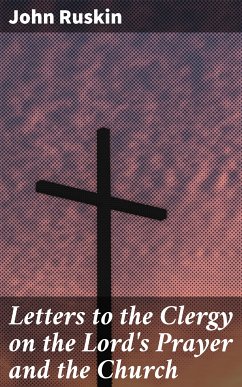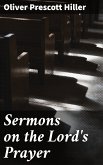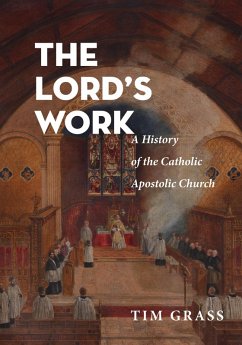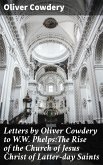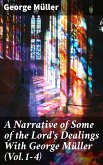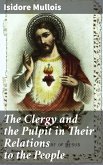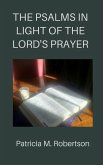In "Letters to the Clergy on the Lord's Prayer and the Church," John Ruskin presents a profound exploration of spirituality, morality, and the interrelation between faith and practice. Written in a clear yet eloquent style, this collection of letters emerges from Ruskin's deep concern for the ethical implications of religious service during the Victorian era. His argument is interlaced with artful prose and philosophical insights, making it as much a work of literary art as a theological treatise. Engaging both the heart and intellect, Ruskin encourages clergy to re-examine their roles in embodying the teachings of the Lord'Äôs Prayer within the broader context of the Church'Äôs mission. John Ruskin, a renowned art critic and social thinker, was shaped by his experiences with the Industrial Revolution and its moral dilemmas. His passion for combining the aesthetic with the ethical drove him to illuminate the spiritual responsibilities of religious leaders. Ruskin'Äôs writings reflect his unwavering belief in the transformative power of art and faith, positing that genuine spirituality must be expressed through action and community engagement. This book is an essential read for anyone interested in the intersections of faith, ethics, and social justice. Ruskin'Äôs letters not only provoke thoughtful reflection on one'Äôs spiritual journey but also offer practical insights for contemporary clergy and laypeople alike. Dive into this seminal work and discover the timeless relevance of Ruskin's call to a more engaged and compassionate faith.
Dieser Download kann aus rechtlichen Gründen nur mit Rechnungsadresse in A, B, BG, CY, CZ, D, DK, EW, E, FIN, F, GR, H, IRL, I, LT, L, LR, M, NL, PL, P, R, S, SLO, SK ausgeliefert werden.

